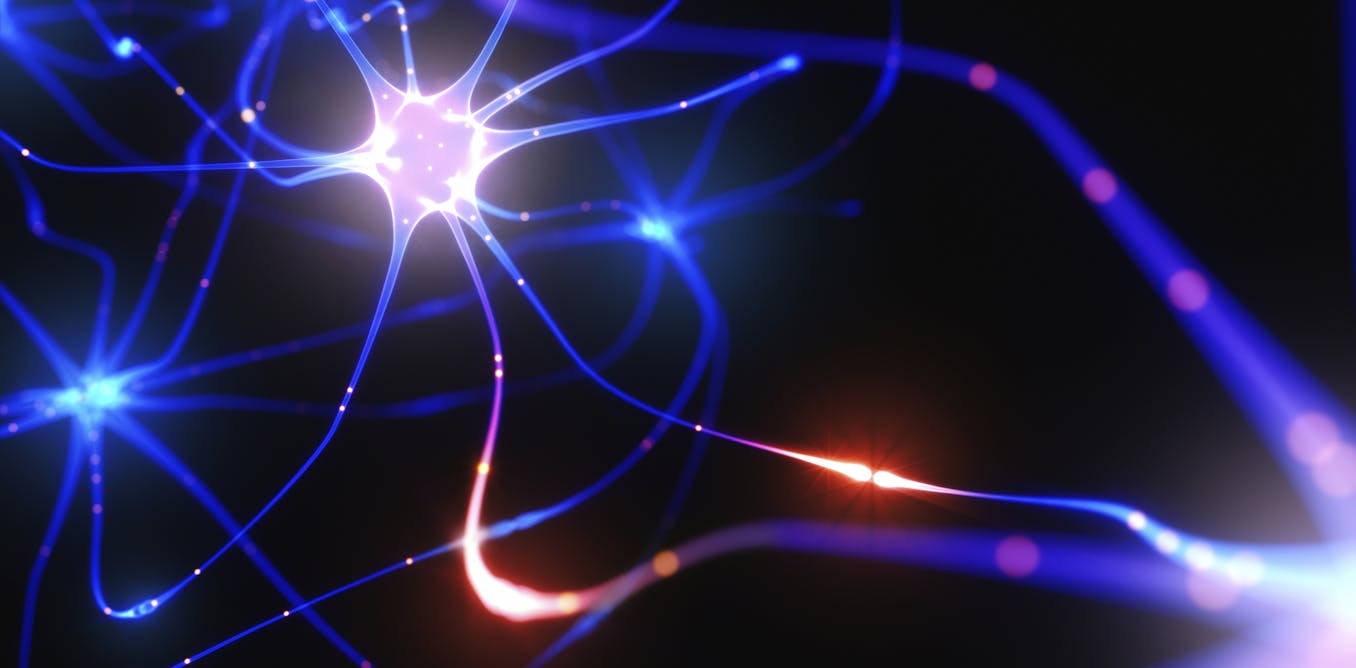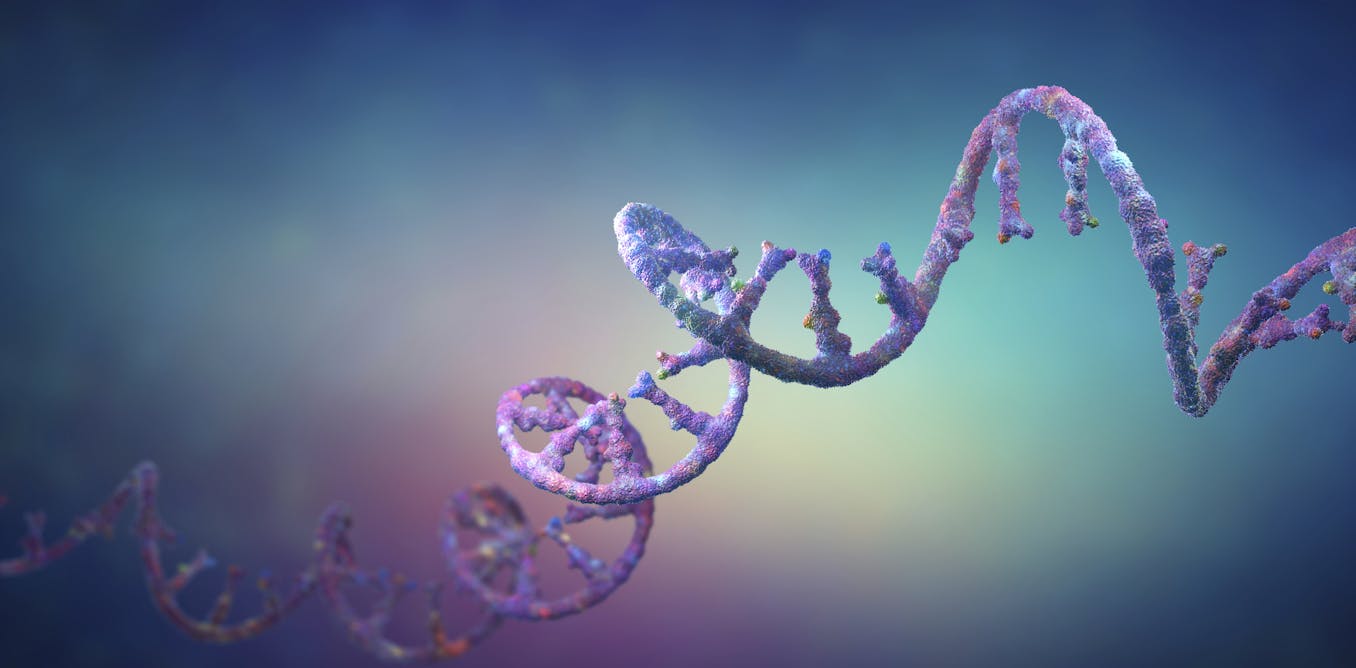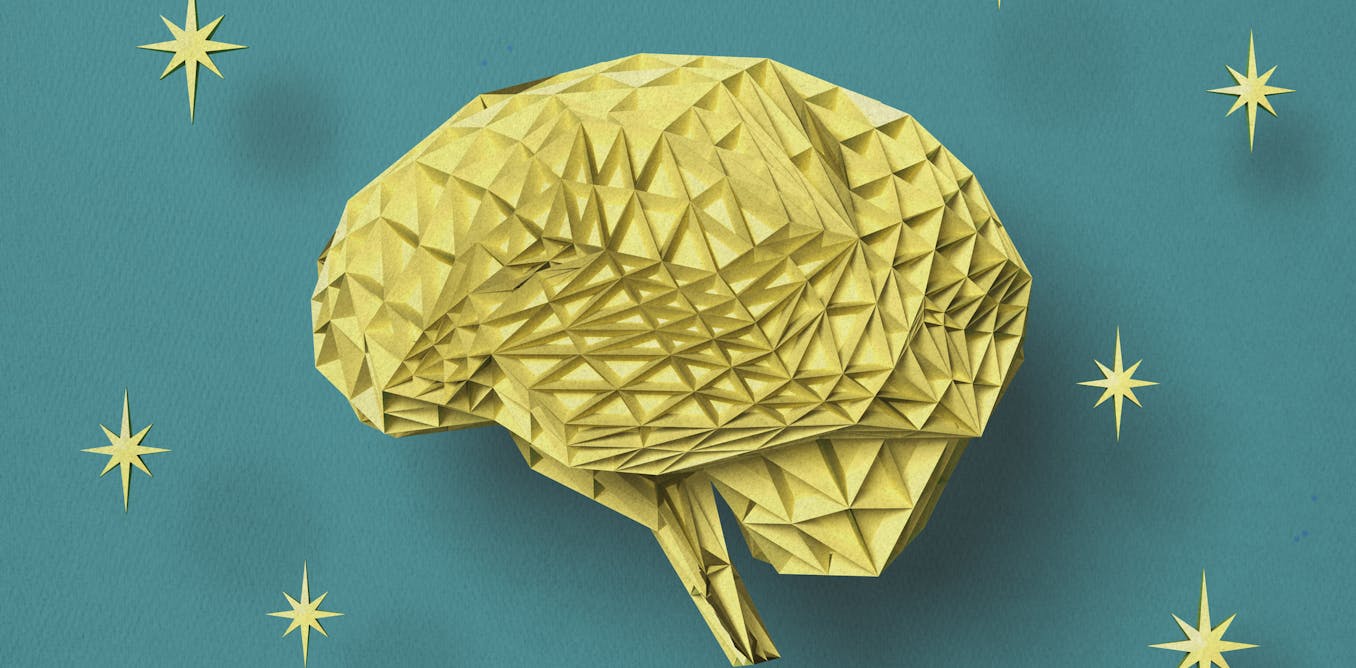Memories may be stored in the membranes of your neurons
Pinpointing where memories are stored in the brain and how they are transmitted could provide new targets to treat neurological diseases and serve as models for neuromorphic computing.
May 9, 2023 • ~5 min







